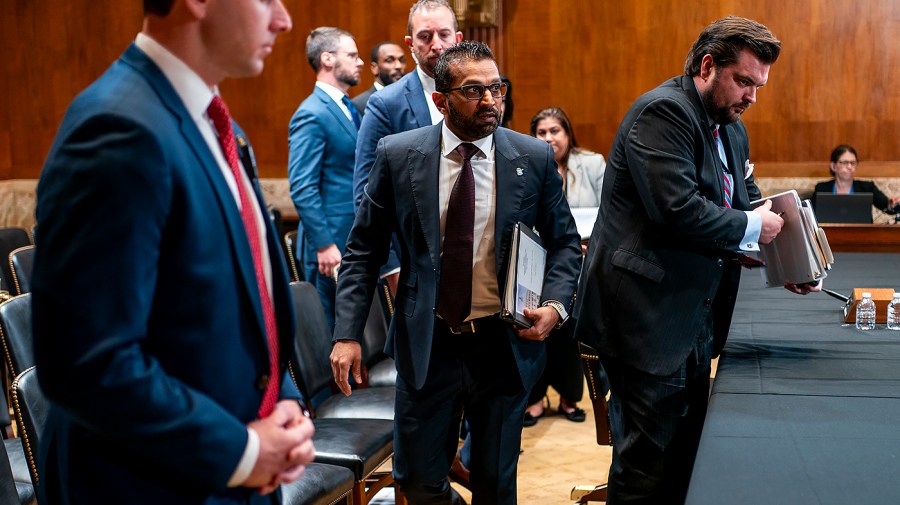Claims from Texas Republicans that the FBI is involved in efforts to locate and possibly detain Democratic state lawmakers who left the state to halt a contentious redistricting process have ignited a fierce backlash from Democratic leaders in Congress. This situation has raised significant concerns regarding the potential politicization of the FBI, the nation’s premier law enforcement agency.
Democratic lawmakers are actively investigating the extent of the FBI’s involvement in the ongoing Texas redistricting battle. They argue that any intervention by the FBI would represent a serious misuse of power. According to House Democratic Leader Hakeem Jeffries, the FBI should focus on combating terrorism, drug trafficking, and child exploitation, rather than intervening in state-level political disputes.
Jeffries responded directly to comments made by Texas Senator John Cornyn, who claimed the FBI would assist in locating Texas Democrats who fled to other states, stating, “These extremists don’t give a damn about public safety. We will not be intimidated.” He emphasized that the FBI lacks the legal authority to engage in such actions, noting that the Democrats’ decision to leave Texas was protected under the state constitution.
The controversy intensified when Kash Patel, the FBI Director, was alleged to be involved in tracking down the absent lawmakers. This claim follows reports that the Justice Department allocated significant resources, including 1,000 FBI personnel, to sift through documents related to Jeffrey Epstein, specifically to identify mentions of former President Donald Trump.
Senator Sheldon Whitehouse of Rhode Island criticized the Trump administration for what he described as the misuse of federal law enforcement for political gains. In a statement, he remarked, “This ridiculous misuse of federal law enforcement for political ends should be rejected by any fair-minded person.” Whitehouse has previously expressed concerns about Patel’s leadership at the FBI, warning against using the agency to intimidate the media or pursue personal vendettas.
In a public statement, Cornyn expressed pride in receiving Patel’s approval to involve the FBI in efforts to locate Texas lawmakers. He claimed that their departure from Texas was a tactic to evade legislative responsibilities, stating, “I thank President Trump and Director Patel for supporting and swiftly acting on my call for the federal government to hold these supposed lawmakers accountable for fleeing Texas.”
Democrats have characterized this situation as a dangerous politicization of the FBI, asserting that the agency should focus on maintaining public safety rather than engaging in political conflicts. Senator Chris Van Hollen voiced this sentiment, stating that involvement in the Texas redistricting issue would set a troubling precedent. “What legal grounds they could possibly have to play a role in this escapes me,” he remarked.
The ongoing dispute is poised to become a focal point in the upcoming negotiations over government funding scheduled for September 2023. The potential involvement of the FBI in political matters has alarmed various activist groups, including Not Above the Law, which issued a statement warning against the weaponization of federal law enforcement for partisan purposes. The group highlighted the risks associated with using federal agents to influence state-level politics, underscoring that such actions threaten the fundamental rights and freedoms of all Americans.
Republican Texas Governor Greg Abbott reiterated that state and federal law enforcement agencies are actively pursuing the Texas lawmakers who have left the state. He stated, “Texas DPS and the FBI are tracking down derelict Democrats.”
As the political landscape continues to evolve, the implications of this conflict extend beyond Texas, raising questions about the integrity of federal law enforcement and its role in political disputes. The response from both parties underscores the deepening divisions in American politics as they navigate the complexities of governance and representation.
